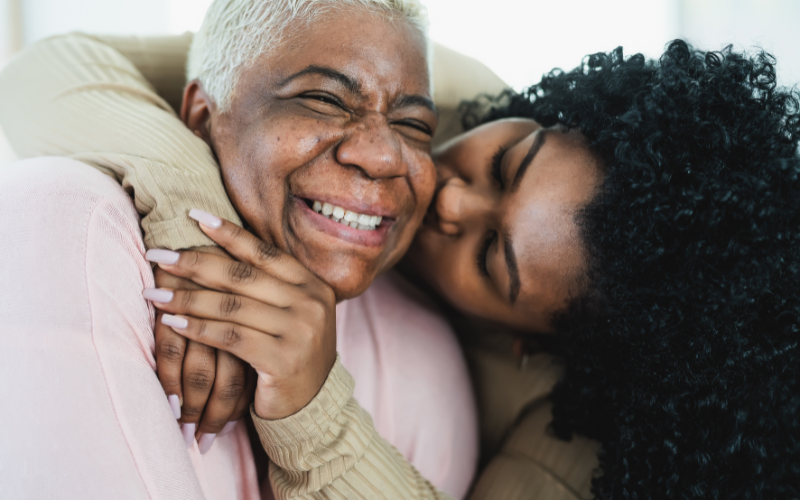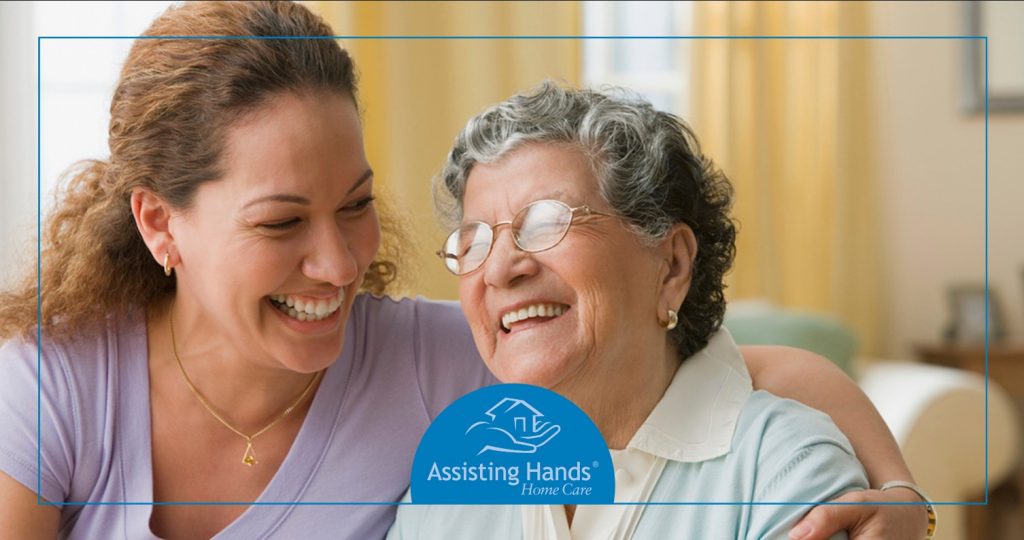
Older adults flourish when their everyday care remains in the hands of a good caregiver. The ideal caregiving professional is one who goes beyond providing basic assistance and creates a supportive environment the promotes the senior’s overall health and well-being.
An ordinary caregiver offers practical services, such as meal preparation and transportation. But a good caregiver develops a rapport with the care recipient, forming a trusted bond; this connection is vital to promoting the senior’s comfort and sense of security.
The best caregiver for a vulnerable elderly individual works as an advocate. The professional ensures the senior’s voice is heard and their rights remain protected. Too often, older adults must deal with neglect or elder abuse—but the right caregiver treats them with respect and dignity.
A good caregiver-care recipient relationship impacts how satisfied the older adult is with the level of care received. Positive relationships involve mutual trust, connection, and empathy. When these qualities are present, the elderly individual enjoys a better quality of life.
Quality 1: Empathy
The foundation of any good caregiver is the ability to empathize with a senior. Empathy is defined as being able to understand the feelings of others. When caregivers are attuned to a care recipient’s loneliness or challenges, they are in a position to provide the necessary support.
Older adults face significant obstacles as they continue to age. Their abilities to cope rely heavily on a caregiver’s empathy. A caregiver who provides emotional support and encouragement helps the senior maintain a positive outlook and prevail over their everyday challenges.
The ideal caregiver picks up on subtle cues that reveal the senior’s emotional state. An aging adult is more likely to open up when they feel understood. As a result of sharing their concerns, the senior actively participates in their care—which leads to a better quality of care.
Quality 2: Patience
Aging comes with a host of new challenges, like arthritis or dementia. Seniors find tasks that had once been easy, such as buttoning a shirt, to be painfully difficult. A good caregiver shows patience to a care recipient during the latter’s everyday struggles.
Patience is a beneficial trait because it allows the caregiver to step back from a challenge, assess the situation, and find an appropriate solution. The caregiver’s ability to remain composed under stressful events provides the senior with a sense of stability and comfort.
Quality 3: Flexibility
A flexible caregiver adapts to rapidly changing caregiving circumstances. Unpredictable situations, such as medical emergencies, changing moods, or abrupt adjustments to a care plan, are commonplace. The senior’s physical abilities may decline, necessitating a caregiver’s flexibility to adapt to new care routines.
The good caregiver works with an open mind. They listen to others in the care team, fostering the collaboration needed to improve the quality of care. When realizing a certain method is ineffective, the flexible caregiver is open to trying alternate strategies.
Caregivers who embrace flexibility are better able to navigate the unpredictable path of caregiving. Seniors feel more at ease and less stress when their caregivers remain flexible with daily routines, such as meals and activities. This flexibility helps build trust between caregiver and care recipient.
Quality 4: Reliability
Seniors come to rely on their caregiver for daily help. When the caregiver is consistent with the quality of care delivered to the older person, trust and security develop. A reliable caregiver arrives on schedule—and a predictable routine is essential for seniors who thrive on structure.
When the care needs are met on a consistent basis, older adults feel greater confidence. They are more comfortable expressing themselves, which in turn ensures their physical, emotional, and social needs are met. Plus, seniors feel assured that their reliable caregiver acts in their best interests.
Quality 5: Communication
The ability to listen actively is essential for a good caregiver. The professional must grasp what their care recipients are communicating, whether verbally or non-verbally, in order to satisfy their needs. Practicing active listening is a major component of communicating effectively.
For example, the good caregiver listens without interrupting the senior. Conversations are never rushed. Caregivers nod or use appropriate body language to convey empathy and interest. They give their full attention to the care recipient, minimizing distractions as necessary.
Effective and compassionate communication techniques are also involved in quality caregiving. The professional uses clear and concise language so the senior understands easily. If the aging adult expresses fear or worry, a good caregiver validates their feelings and offers words of reassurance.
Caregivers who possess the five abovementioned qualities are in an excellent position to support an aging adult. While these qualities are oftentimes innate, professional training programs can help caregivers develop them. Caregivers should have some level of all five qualities to deliver optimal care.

Seniors and their families who are looking for a good caregiver who possesses these five invaluable qualities will find one at Assisting Hands Home Care. We are a reputable in-home care provider staffed with licensed, bonded, and insured caregivers who serve the elderly with compassion.
Our comprehensive range of non-medical services includes healthy meal preparation, grocery shopping, light housekeeping, and medication reminders. We provide safe transportation and escort to medical facilities, senior centers, and other local destinations so that the elderly stay active in the community.
Caregivers are flexible and meet various scheduling needs. We’re available for respite care for short-term care needs and 24-hour or live-in care. Our professionals are trained to deliver quality memory care and Parkinson’s care. We’re also friendly companions who prevent loneliness and isolation.
Assisting Hands Home Care screens caregivers carefully so that families feel peace of mind. We match caregivers and care recipients to ensure compatibility. When a good rapport fails, families can request a different professional. We aim to ensure the care recipient has the best possible experience.
When you are looking for a senior caregiver with empathy, patience, flexibility, reliability, and good communication skills, look no further than Assisting Hands Home Care in Plano, Texas. Call us at (214) 609-1340 schedule a free in-home consult today and learn how we can benefit your aging loved one.







